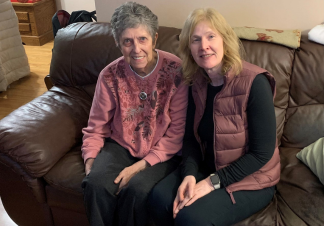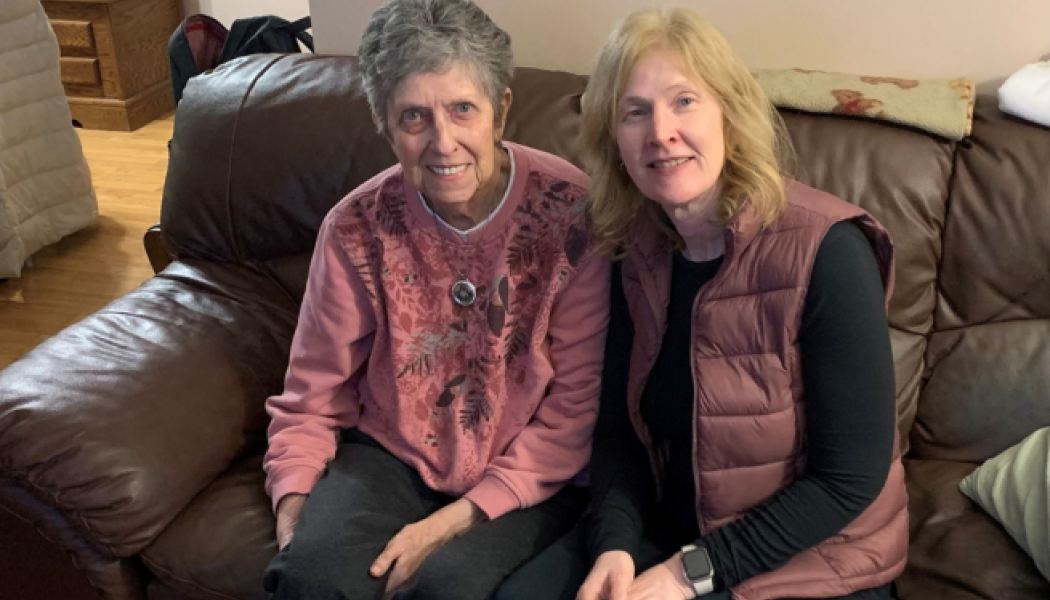If you find yourself forgetting names, misplacing keys or not remembering your granddaughter's birthday, it's natural to feel worried it could be a sign of dementia. As we explored in our previous story, memory loss and difficulties often come with age, but don't always mean you're developing dementia.
In this story, we explore how dementia is diagnosed, and what happens after a diagnosis, both for the individual with dementia and their family.















